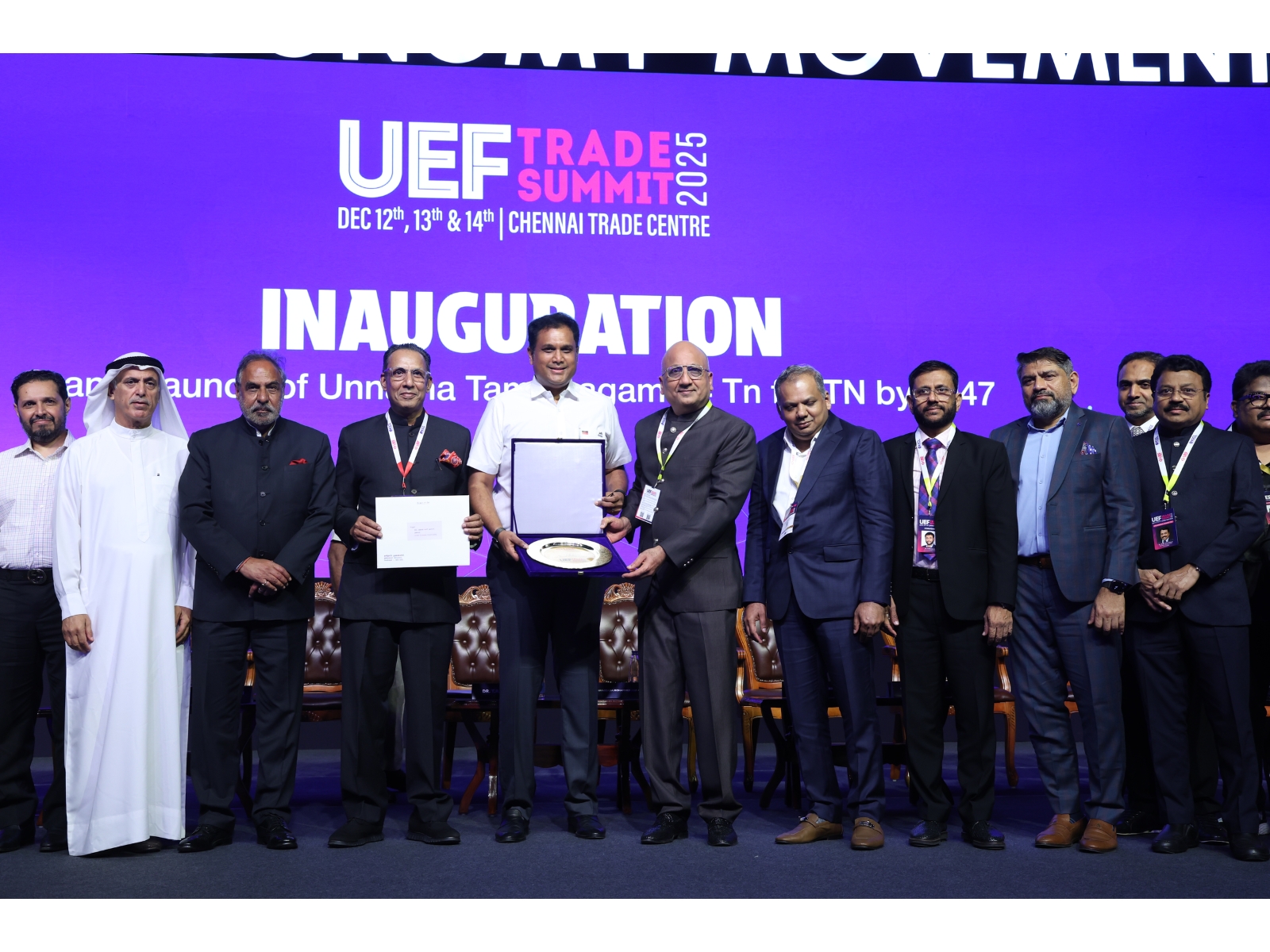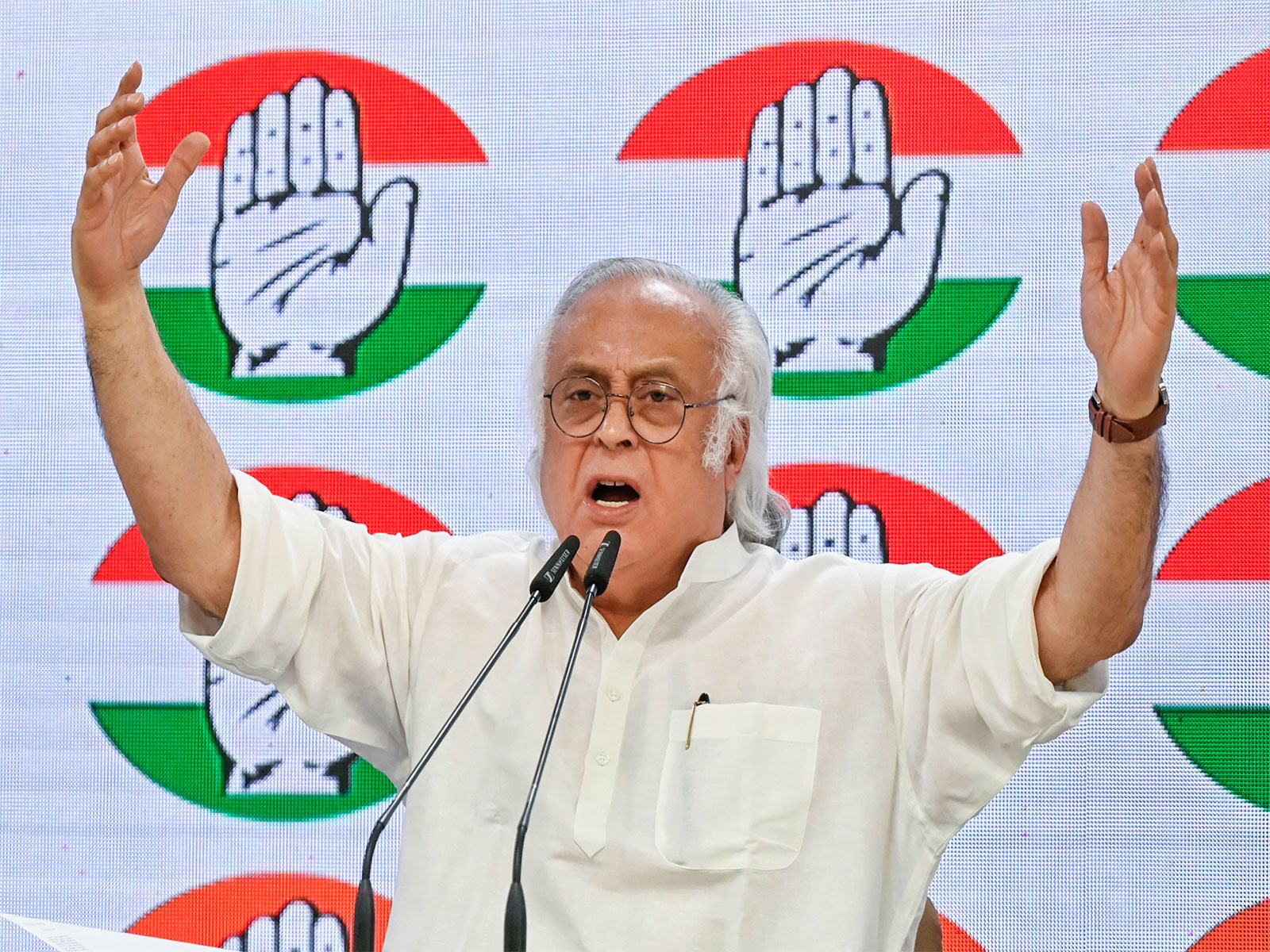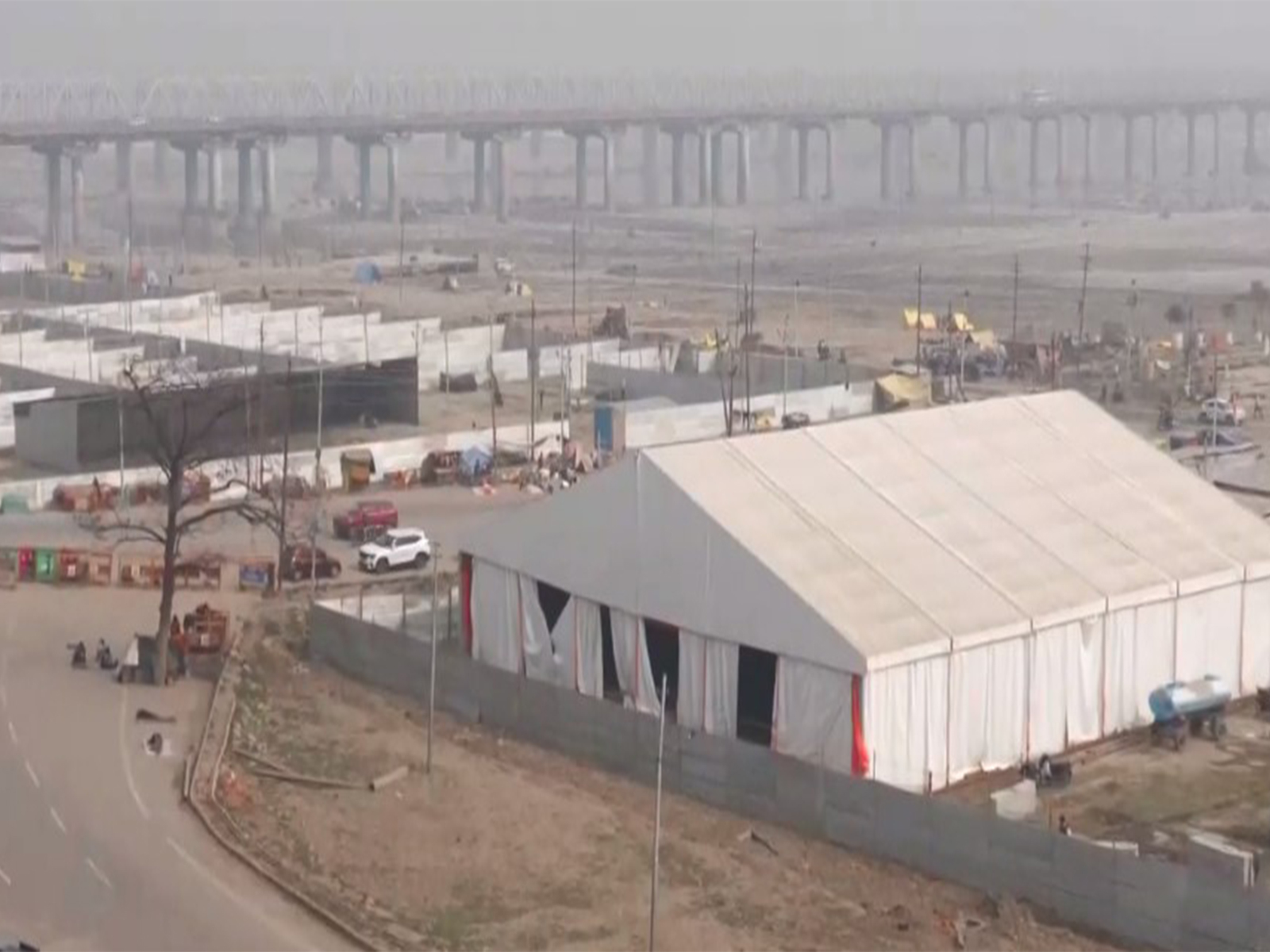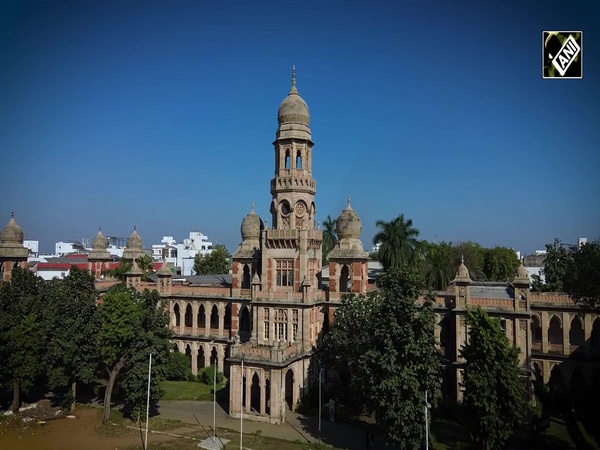White Paper debate: Finance Minister Sitharaman provides insights into economic landscape inherited by Modi govt
Feb 10, 2024

New Delhi [India], February 10 : Finance Minister Nirmala Sitharaman took to the floor of the Rajya Sabha to address the ongoing debate surrounding the White Paper, providing insights into the economic landscape inherited by the Modi government and outlining key initiatives undertaken to address challenges and propel the economy forward.
Reflecting on the economic trajectory since 2014, Sitharaman acknowledged the solid foundation laid during Atal Bihari Vajpayee's tenure (1998-2004), attributing the subsequent downturn to the UPA's mismanagement during its 10-year rule.
Sitharaman said, "The economy in 2014, which we inherited, there is a need for me to just explain that for a moment. You (UPA) have inherited a very good economy from Atal Bihari Vajpayee's time and may be your first 5 years you try benefitting the people with that economy but subsequently and unfortunately after the global financial crisis it was through mismanagement".
She underscored the government's decision not to release a White Paper earlier, citing Prime Minister Modi's concerns about maintaining public confidence in the nation's institutions and economy.
"Clearly the intention of why White Paper was not brought out was clearly stated by the Prime Minister himself. It would have certainly damaged the confidence, the Indian citizens had in our own country, in its institution, and in the strength of its economy. He (PM) didn't want to shatter the confidence of the people after all they blessed him to come and serve the country," she said.
Highlighting the government's approach to economic recovery, Sitharaman emphasized a dual-track strategy aimed at rectifying past malpractices while simultaneously implementing forward-looking reforms.
She described this approach as akin to operating on two rails, with one focused on correcting past errors and the other dedicated to implementing future-oriented reforms vital for sustainable growth.
Sitharaman said, "10 years of toiling to get the economy back on its rail, we have operated in the last 10 years on two rails like rail which moves from one destination to another, like two rails- one to correct the economy, remove the malpractices which have happened earlier,... and so on equally looking at futuristic reforms which were so important".
The Finance Minister recalled the government's swift action upon assuming office in 2014, citing the establishment of a Special Investigation Team (SIT) to tackle black money and the formation of an Expenditure Reform Commission under former RBI governor Bimal Jalan to rationalize government spending.
Sitharaman said, "Straight away we got into the action, that is why the first cabinet decision in 2014 was one- to form a SIT to remove the black money and second- was an expenditure reform commission which was formed under Bimal Jalanji, just so that all the profiligate expenditure of the earlier government could be rationalized, more systematic and answerable methods of doing, governance will be put in place. Those were the first two decisions of this government".
These early decisions, she argued, laid the groundwork for a more accountable and systematic approach to governance.
In a noteworthy moment, Sitharaman drew attention to the government's commitment to infrastructure development, specifically highlighting the establishment of a second railway station in the Northeast - a historic milestone in India's independent history.
She lamented the lack of attention given to the region in previous administrations and called for greater focus on addressing the region's needs, particularly given former Prime Minister Manmohan Singh's roots in Assam.
Sitharaman said, "Second Railway Station in the northeast. In all our independent India's history, a second railway station in the northeast when PM Modi comes in. After the first one, you forgot the northeast. At least you remember that Dr Manmohan Singh himself was from Assam, you should have worked there a little."
Sitharaman's address in the Rajya Sabha provided insights into the government's economic strategy and its efforts to navigate challenges while steering the nation towards a path of sustainable growth and development.




















